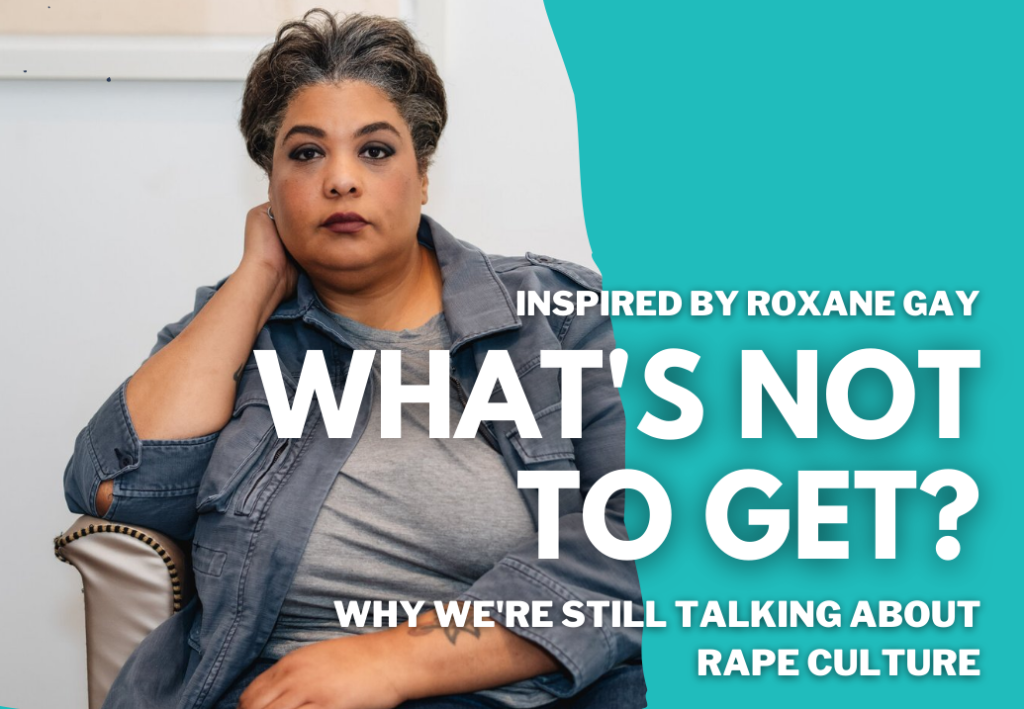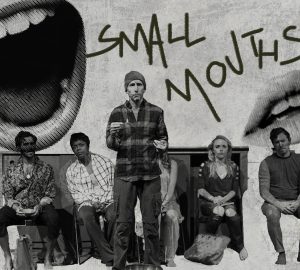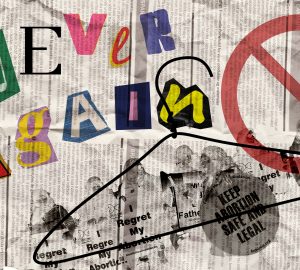What’s not to get? Why we’re still talking about rape culture

A few weeks ago, my English class delved into a discussion of a piece we had been assigned, “Dear Men: It’s You Too” by Roxane Gay, a powerful essay published at the rise of the #MeToo movement.
The following discussion went as expected; we watched a video about verbal harassment and catcalling on the street, talked about the power dynamics that create rape culture and a few female students shared their experiences with sexual harassment. But I was taken aback when, just after a classmate shared a painful memory of sexual harassment as a minor, a male student from the back of the class chimed in with a particularly obtuse comment. He said something along the lines of, “It’s not just women getting harassed, men get harassed too. I have male friends that have been catcalled by women on the street.”
At the time, I honestly didn’t think much of the comment. It wasn’t directly inflammatory so the class nodded and moved on. We’ve been taught to consider “both sides of the argument” in order to analyze critically, but after class ended I couldn’t stop thinking about what he said. When we’re talking about rape culture, an environment wherein sexual violence against women is normalized and excused, how are there two valid sides? I don’t want to oversimplify a complex societal attitude, but you are either pro-rape culture or against it. You either acknowledge that rape culture is pervasive in America and is upheld by the systemic objectification and domination of women, or you deny, you say “I don’t harass women and no man I know does either.” But where does that put us? If every man says they don’t harass or assault women, why are women and girls sexually harassed and assaulted by men every day? By validating his argument, by falling into that obligation to “see both sides,” we deny the fact that rape culture is perpetrated by men and men are responsible for ending it.
Beyond the implications that come with playing devil’s advocate, it comes down to the realities of rape culture. Rape culture hurts everybody, men included, and the fact that men are harassed too doesn’t deny the existence of rape culture but supports it. Rape culture assumes that men can’t be raped, that men that are assaulted are somehow “weak,” and that women cannot be perpetrators of sexual violence. This leaves male victims without social support or legal protection. When women are publicly shamed for speaking out about assault when the response to reporting a rape is to stop dressing provocatively when rapists continue to go unpunished, where does that leave men?
Reading Gay’s essay made it painfully obvious that it feels like the discussion of rape culture will never end. When victims report they are publicly shamed and questioned. When women share their trauma it is ignored and minimized. When people even mention rape culture men and women alike deny its existence. This seems like an infinite cycle of reporting and denial. We have tried following the judicial route, bringing the cases to court to watch rapists go free. We have reported to universities and workplaces and watched perpetrators go unpunished. We have shouted out to the public, “I have been hurt,” just to be shrugged off by the world. I wish I knew where we go from here. I’m inclined to get to the same conclusion as the Gay essay, that we need men to speak out against rape culture just as much as women do. Cultural norms cannot be dismantled until the population in power decides to do so. Until then, we need to keep having these discussions, we need to keep talking about the hard things, and we need to say something when a classmate moves to deny.






















